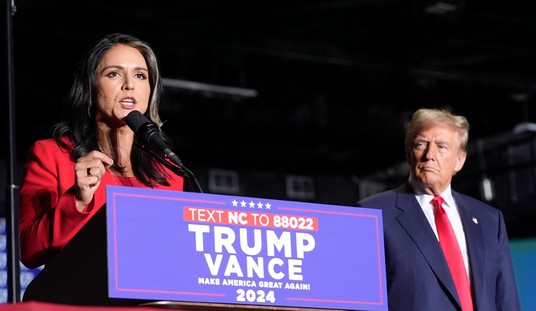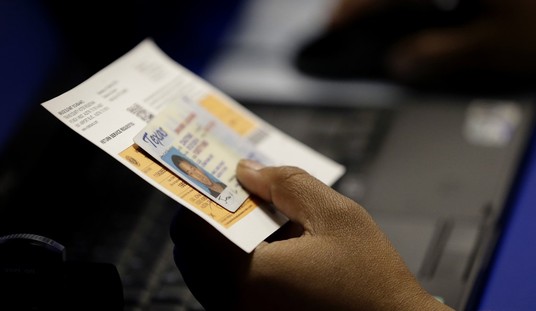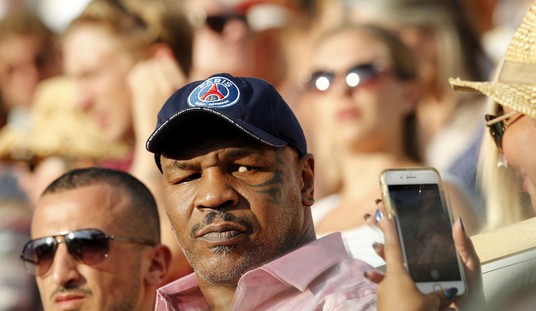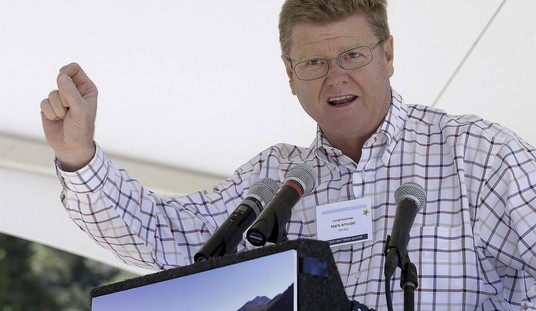=========
=========
Promoted from the diaries by streiff. Promotion does not imply endorsement.
=========
=========
Back in 1956, a Columbia University professor and political activist named Jesus Galindez, vanished. “His body was never found, but there are indications that he was kidnapped and flown to the Dominican Republic, where he may have been killed.”
Attorney and author Stuart McKeever has been investigating this case for 40 years. He has tried to gain access to the results of a long ago grand jury investigation into Galindez’s disappearance. Specifically, he is interested in finding information that “could shed light on what he believes is possible U.S. government involvement in the disappearance of the Columbia professor, Galindez, who was a critic of the dictator and U.S. ally who led the Dominican Republic at the time, Rafael Trujillo.” McKeever said, “The Justice Department does not want this case to break the dam.”
“But the Justice Department argues that judges don’t have “inherent authority” to release such information unless it falls under exemptions approved by Congress, which don’t apply in the Galindez case — or in many others, including potentially Mueller’s investigation.”
Thus, he is appealing and his case will be heard next month in the D.C. Court of Appeals in Washington and the decision could have major implications for the Mueller Investigation. It could affect whether or not Robert Mueller’s final report on Trump/Russia collusion can be made public.
If Democrats win back the House Majority in November, the outcome of this case will not matter. In that event, a Democrat led House Judiciary Committee could “subpoena any report if it were part of an impeachment proceeding.” (And you can bet it would arrive quickly.) “A judge would likely approve that request because of a D.C. Circuit ruling in 1974 that approved transmission of a report to the House on President Richard Nixon’s actions in Watergate.”
If Republicans retain the House Majority, however, it is a different story. Politico’s Josh Gerstein explains why.
At issue is a federal court rule that governs grand jury secrecy and lays out several exceptions permitting disclosures. There is no exemption in the rule that explicitly authorizes a report to the public or to Congress for potential use in impeachment proceedings.
The law used to appoint independent counsels in the 1980s and 1990s had a provision for such a report to Congress and was the mechanism used for the 1998 report that led to the impeachment of President Bill Clinton. However, that law expired in 1999.
Gerstein explains there are ways McKeever’s case could be settled that would not affect how Mueller’s report will be handled.
The judges could send the matter back to the district court to consider a narrowed request the author has made for the records related to his case.
Or the appeals court panel could also say explicitly that it is not opining on potential disclosures to Congress or those regarding impeachment inquiries.
Boston College law professor Mike Cassidy, an expert on grand juries, said:
It depends on how narrowly or broadly they want to write the opinion. There are precedents for grand juries releasing public reports, particularly at the state and local level, as with the one issued last week in Pennsylvania over sex abuse by Roman Catholic priests.
At least two other appeals courts, the New York-based 2nd Circuit and the Chicago-based 7th Circuit, have issued rulings that found judges could order grand jury-related disclosures that weren’t explicitly authorized elsewhere.
The three-judge panel in the D.C. Court of Appeals includes one judge appointed by Trump, one by Reagan, and one by Obama.
The degree to which Mueller’s final report is made public makes a big difference. At one extreme is the possibility that Mueller could be prevented from sending the report to Congress. The other extreme would be full disclosure to both Congress and the public.
Although sealing the report may sound like a positive outcome for Trump, it would allow Democrats to leak misinformation to the press. They would be able to cherry-pick snippets from the report and present information out of context, thus distorting the truth.
McKeever worries that, if he loses, the ruling will “shut down historians, authors and journalists from being able to investigate cases that grand juries dropped or didn’t finish.”
Full transparency, a win for McKeever, would be the best outcome. Because Trump did not collude with the Russians to steal the 2016 election, full disclosure of the report would (hopefully) remove the clouds of doubt that have hovered over his presidency for two years. And he can return to the business of running the country.












Join the conversation as a VIP Member